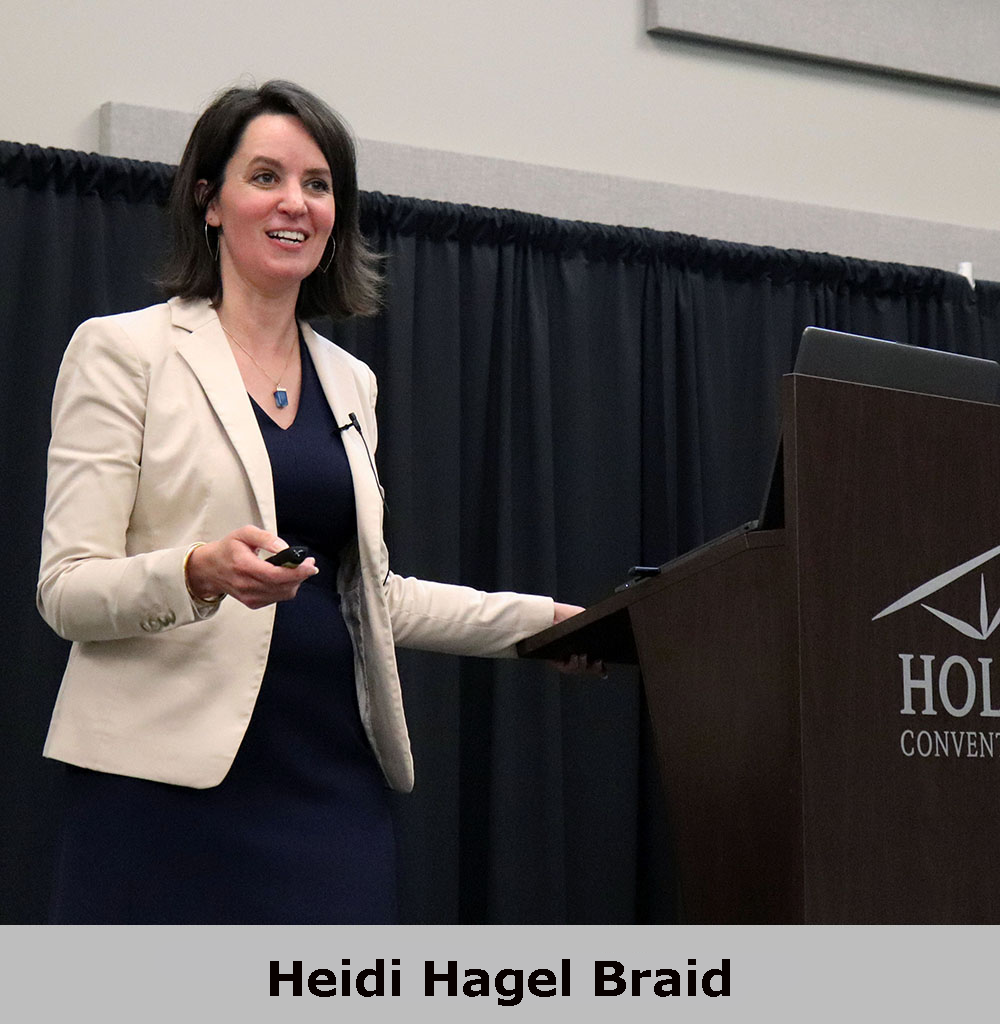 Generally, we use “quality” to describe stimulating, nurturing and physically safe environments for young children. But even the most well-intentioned child care program won’t do much good if the person who owns or manages it doesn’t have the necessary business skills to keep its doors open. It’s time to expand our definition of “quality” to describe providers who offer developmentally positive child care services through informed, responsible business practices.
Generally, we use “quality” to describe stimulating, nurturing and physically safe environments for young children. But even the most well-intentioned child care program won’t do much good if the person who owns or manages it doesn’t have the necessary business skills to keep its doors open. It’s time to expand our definition of “quality” to describe providers who offer developmentally positive child care services through informed, responsible business practices.
This was a central theme of the Elevate19 conference on June 8 in York. Hosted by the Nebraska Early Childhood Collaborative, the event drew more than 140 current and prospective child care providers from across the state to examine the practical skills and resources necessary for financial stability and success. Conference speakers addressed money management, insurance, bookkeeping, marketing and other critical issues that can make or break a program in this important and highly demanding industry.
“A high-quality provider is engaged in program quality AND business quality,” said Heidi Hagel Braid, CPO of First Children’s Finance, a Minnesota-based organization that provides financial and business development assistance to providers in multiple states. Braid, who delivered the closing presentation, acknowledged the “many hats” child care operators wear in their role: educator, social worker, curriculum coach, purchasing agent and HR director, among others. But the one role that all too many providers overlook is the most critical one: CEO.
Profitability Allows Sustainability
According to Braid, child care owners often make the mistake of thinking that looking out for the profitability of their businesses doesn’t align with an authentic concern for the well-being and development of the children they serve. That’s not only a false assumption, but a dangerous one.
On the contrary, Braid argues that profitability and effective business management are the “oxygen” that enable child cares to prosper and continue delivering quality services to families and communities. That means understanding the importance of keeping personal and professional finances separate, managing credit responsibly and educating themselves in other best practices from the private sector.
Few people go into child care as a profession expecting big profits and a boost to their disposable income. It often attracts those who find their primary reward in guiding children’s early development while delivering a critically necessary service to their friends, neighbors and communities. Considering how important this industry is to our state and local economies, it’s more than a little ironic that we don’t more regularly support and encourage providers to prosper.
Let’s be clear on this point. Nebraska urgently needs skilled, highly capable child care providers to thrive—not only as educators and caregivers for young children, but as business owners and entrepreneurs. It’s time to address that in the way we think, talk and make decisions about promoting “quality” early care and learning environments.
Photo: Nebraska Early Childhood Collaborative



